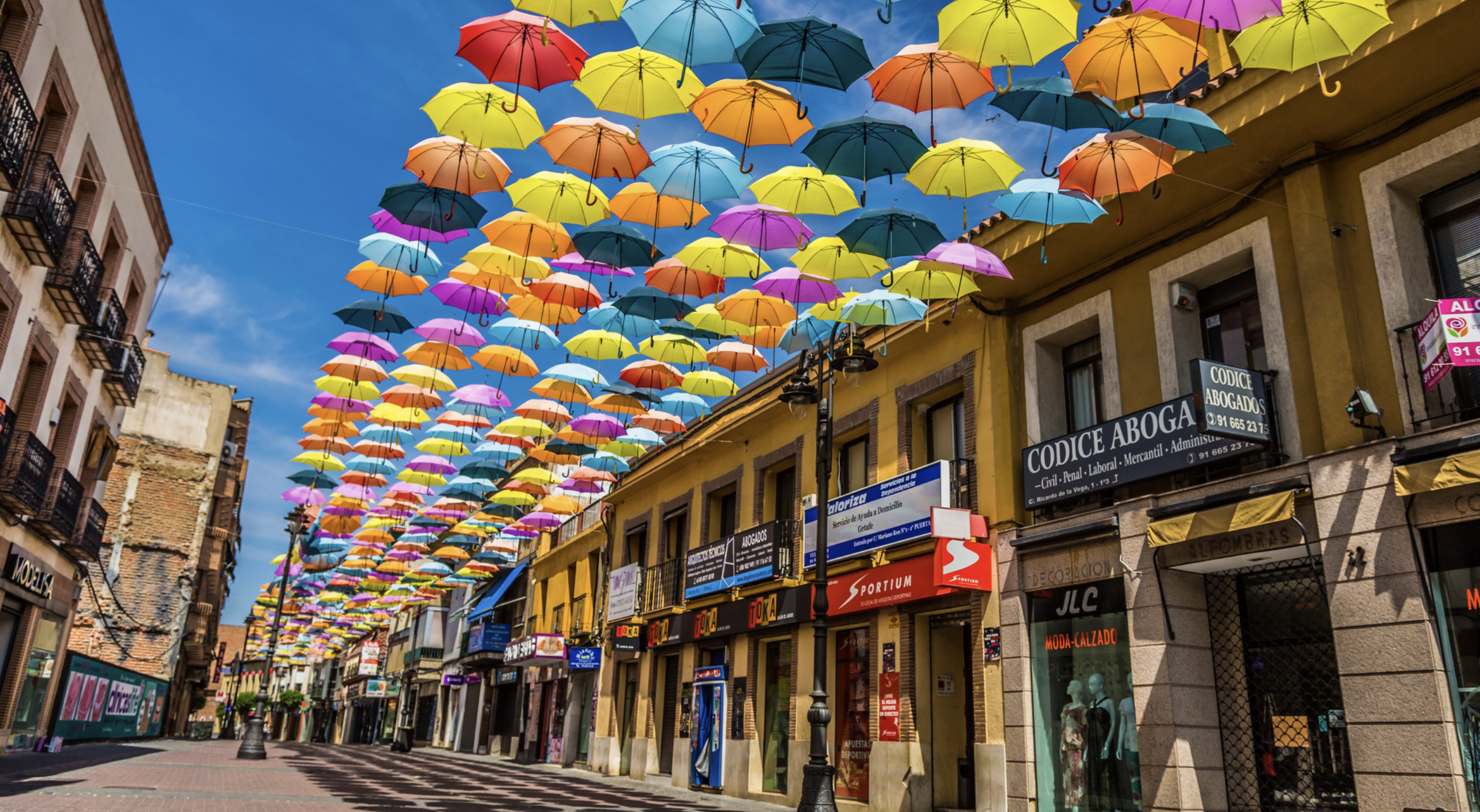Moving to a new country is an exciting adventure, but it also comes with its challenges, particularly when it comes to adjusting to cultural differences. Spain, with its rich history, vibrant traditions, and unique way of life, offers a wonderfully immersive experience for expatriates. Here’s a guide to understanding and adapting to the cultural differences you may encounter while living in Spain.
- Language
One of the most noticeable differences for expatriates is the language. Spanish, or Castellano, is the official language, but regional languages such as Catalan, Galician, and Basque are also widely spoken in their respective areas.
- Learning Spanish: While many Spaniards speak English, particularly in urban areas and tourist destinations, learning Spanish will greatly enhance your experience and help you integrate better into the community.
- Language Classes: Consider enrolling in language classes or using language learning apps to improve your Spanish skills. Many communities offer classes specifically for expatriates.
- Social Etiquette and Relationships
Spanish culture places a high value on social interactions and relationships. Understanding the nuances of social etiquette can help you navigate social situations with ease.
- Greetings: Spaniards typically greet each other with a handshake or, among friends and family, a kiss on each cheek (starting with the right). This may feel unfamiliar at first but is an important aspect of Spanish social etiquette.
- Personal Space: Spaniards tend to stand closer to each other when talking compared to some other cultures. Be prepared for a more intimate conversational distance.
- Conversation: Spaniards are known for their animated and expressive conversation style. Interruptions and overlapping speech are common and indicate engagement rather than rudeness.
- Time and Punctuality
The Spanish concept of time can be quite different from what expatriates from other countries are accustomed to.
- Punctuality: While punctuality is important in professional settings, social gatherings are more relaxed. It’s not uncommon for events to start 15-30 minutes later than the scheduled time.
- Siesta: Traditionally, many businesses close in the early afternoon for a siesta, a break during the hottest part of the day. While this practice is less common in larger cities, it’s still prevalent in smaller towns and rural areas. Be prepared for a different daily rhythm, with shops and businesses often reopening in the late afternoon and staying open until late in the evening.
- Dining and Food Culture
Food is a central part of Spanish culture, and meal times differ significantly from those in other countries.
- Meal Times: Spaniards typically have a light breakfast (desayuno), a large lunch (comida) around 2-3 PM, and a late dinner (cena) starting at 9 PM or later. The concept of tapas, small dishes enjoyed with drinks, is also a beloved tradition and a great way to socialise.
- Dining Out: Dining out is a popular social activity. It’s common for friends and families to spend hours at the table enjoying their meal and each other’s company. Don’t be surprised if your meal lasts well into the night.
- Tipping: Tipping is not as customary as in some other countries. A small tip or rounding up the bill is appreciated but not expected.
- Work Culture
The Spanish work culture emphasises work-life balance and personal relationships.
- Work Hours: Typical work hours are from 9 AM to 2 PM, followed by a break for siesta, then resuming from 4 PM to 7 PM. However, this can vary depending on the industry and location.
- Hierarchies and Relationships: Spanish workplaces often have a clear hierarchical structure, but personal relationships are crucial. Building rapport with colleagues can significantly impact your work experience.
- Festivals and Traditions
Spain is renowned for its vibrant festivals and traditions, which are an integral part of the culture.
- Fiestas: Each region and town has its own festivals (fiestas), which can range from religious celebrations to historical reenactments. Participating in these events is a great way to immerse yourself in Spanish culture.
- Public Holidays: Spain has numerous public holidays, both national and regional. These are often celebrated with parades, fireworks, and community gatherings.
- Bureaucracy
Navigating Spanish bureaucracy can be challenging for expatriates.
- Documentation: Ensure you have all necessary documents, such as your NIE (Foreigner Identification Number), residency permit, and health insurance. The process can be slow and requires patience.
- Appointments: Many administrative tasks require appointments, which can be booked online or by phone. Be prepared for possible delays and multiple visits.
Conclusion
Adjusting to life in Spain involves understanding and embracing a different way of life. From learning the language to adapting to new social norms and work practices, each aspect of Spanish culture offers a unique experience. By being open-minded and proactive in learning about these cultural differences, expatriates can enjoy a fulfilling and enriching life in this beautiful country. Whether it’s savouring a leisurely meal with friends, participating in local festivals, or simply navigating daily routines, the journey of adaptation can be as rewarding as the destination itself.

